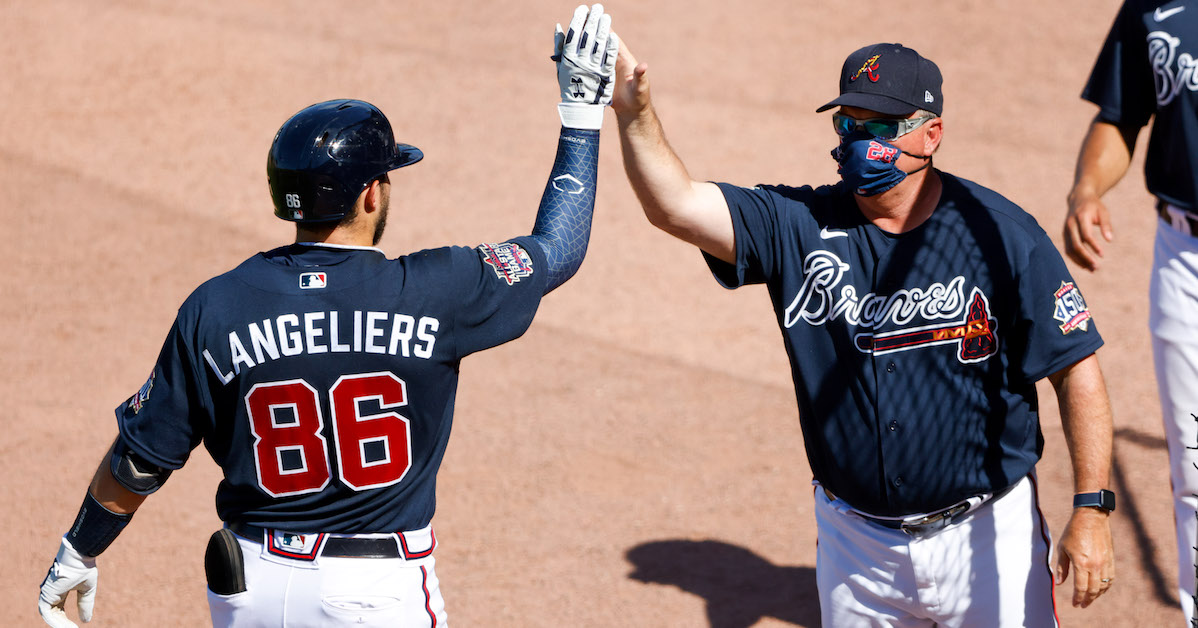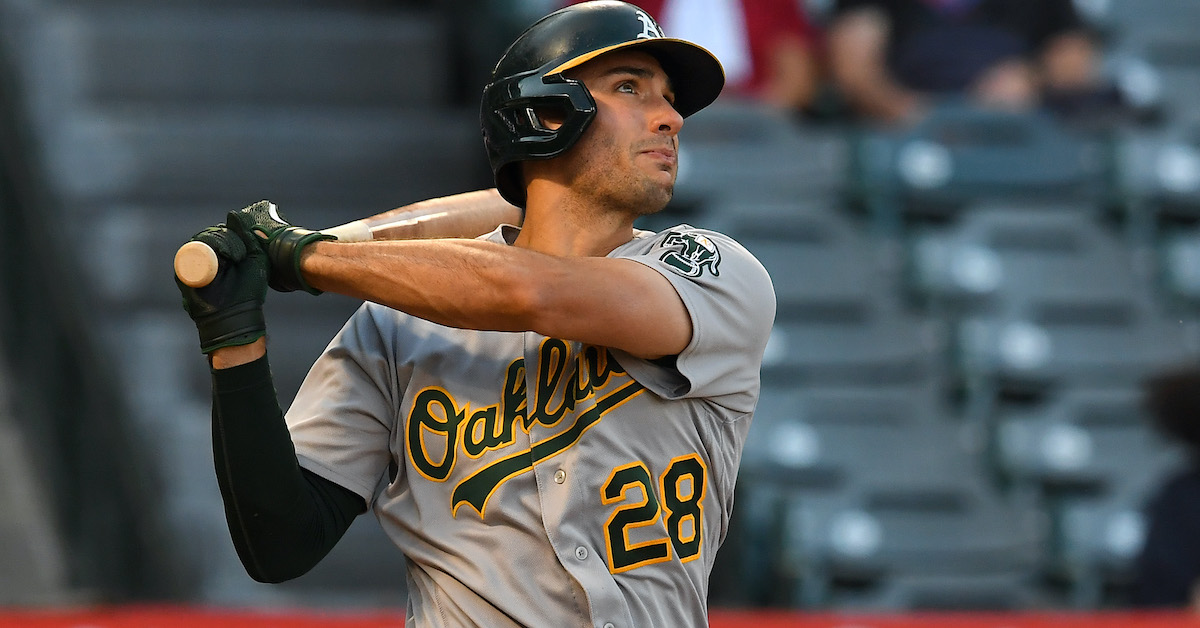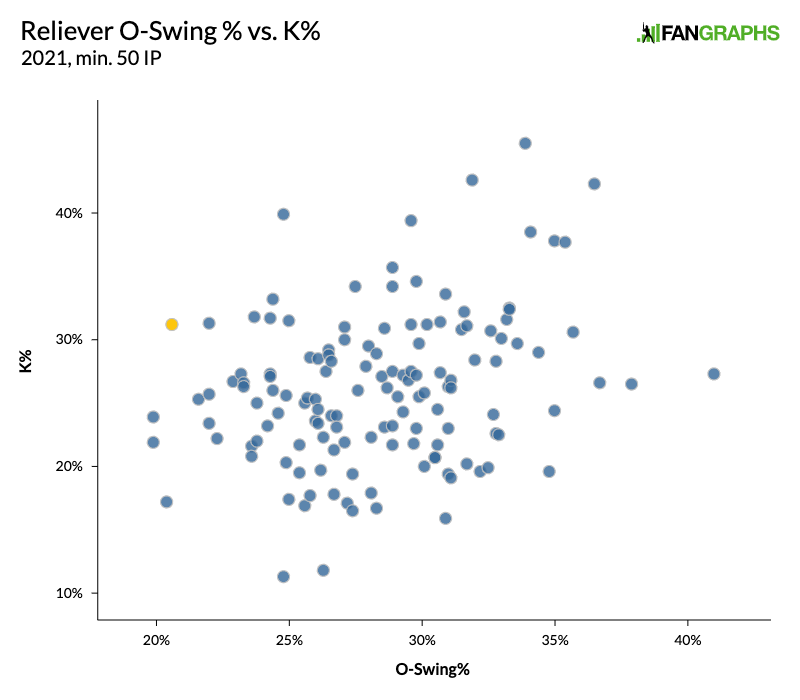Four More Relievers Just Signed

While titans of industry like Matt Olson, Nelson Cruz, and Josh Donaldson were changing teams, a few other things happened in the baseball world. For example: Sean Doolittle, Brad Hand, Ian Kennedy, and Chad Kuhl all found new teams. Sure, they weren’t the headliners of the last few days, but they’re all interesting in their own way. Let’s run down these signings alphabetically and maybe tell a joke or two while doing so.
Nationals Sign Sean Doolittle
When the Nationals traded for Sean Doolittle in 2017, he brought much-needed bullpen stability to an already-competitive team. Things aren’t quite the same for either side in their reunion. Doolittle had a down 2020, then signed a one-year, $1.5 million deal with the Reds. With Cincinnati out of the running and Doolittle losing high-leverage opportunities, they put him on waivers, and he finished his season as a middle reliever in Seattle. Read the rest of this entry »








